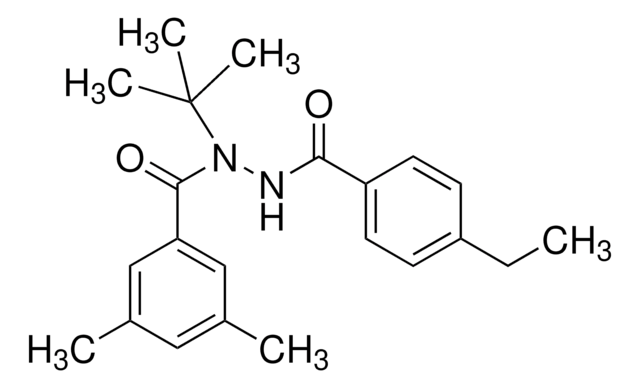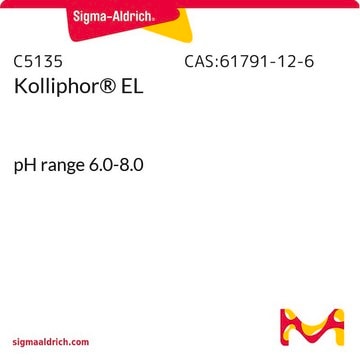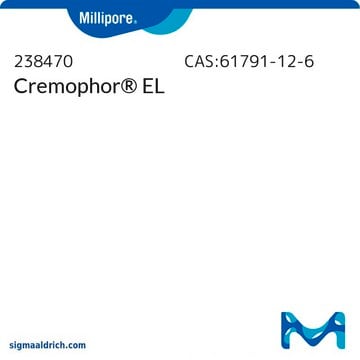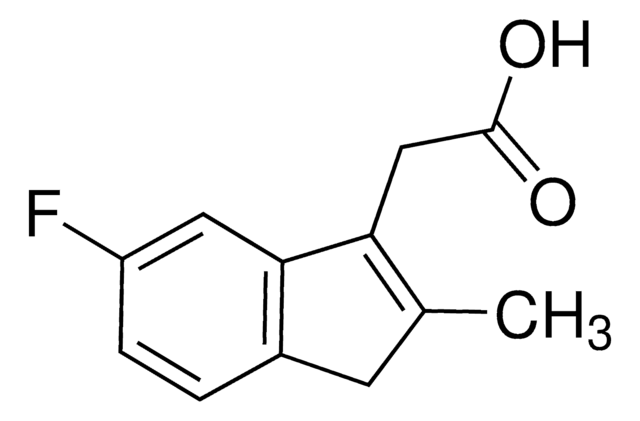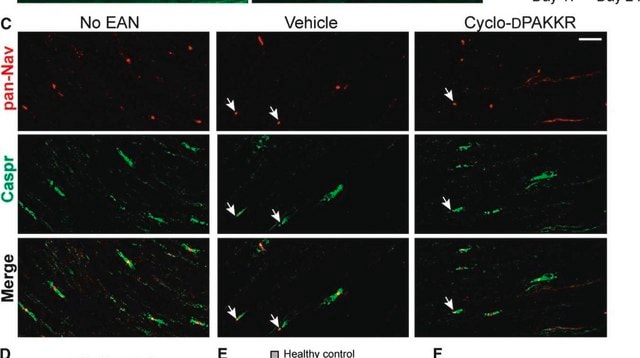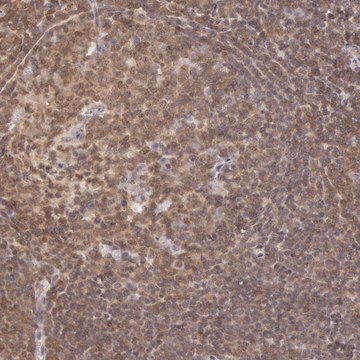S3131
Sulindac sulfide
≥98% (HPLC), solid
Sinónimos:
(Z)-5-Fluoro-2-methyl-1-[p-(methylthio)benzylidene]indene-3-acetic acid
About This Item
Productos recomendados
assay
≥98% (HPLC)
form
solid
color
yellow
solubility
DMSO: ≥22 mg/mL
SMILES string
[H]\C(c1ccc(SC)cc1)=C2/C(C)=C(CC(O)=O)c3cc(F)ccc23
InChI
1S/C20H17FO2S/c1-12-17(9-13-3-6-15(24-2)7-4-13)16-8-5-14(21)10-19(16)18(12)11-20(22)23/h3-10H,11H2,1-2H3,(H,22,23)/b17-9-
InChI key
LFWHFZJPXXOYNR-MFOYZWKCSA-N
Application
Biochem/physiol Actions
signalword
Danger
hcodes
Hazard Classifications
Acute Tox. 4 Oral - Repr. 2 - Resp. Sens. 1 - Skin Sens. 1
Storage Class
11 - Combustible Solids
wgk_germany
WGK 3
flash_point_f
Not applicable
flash_point_c
Not applicable
ppe
Eyeshields, Faceshields, Gloves, type P3 (EN 143) respirator cartridges
Certificados de análisis (COA)
Busque Certificados de análisis (COA) introduciendo el número de lote del producto. Los números de lote se encuentran en la etiqueta del producto después de las palabras «Lot» o «Batch»
¿Ya tiene este producto?
Encuentre la documentación para los productos que ha comprado recientemente en la Biblioteca de documentos.
Los clientes también vieron
Nuestro equipo de científicos tiene experiencia en todas las áreas de investigación: Ciencias de la vida, Ciencia de los materiales, Síntesis química, Cromatografía, Analítica y muchas otras.
Póngase en contacto con el Servicio técnico

